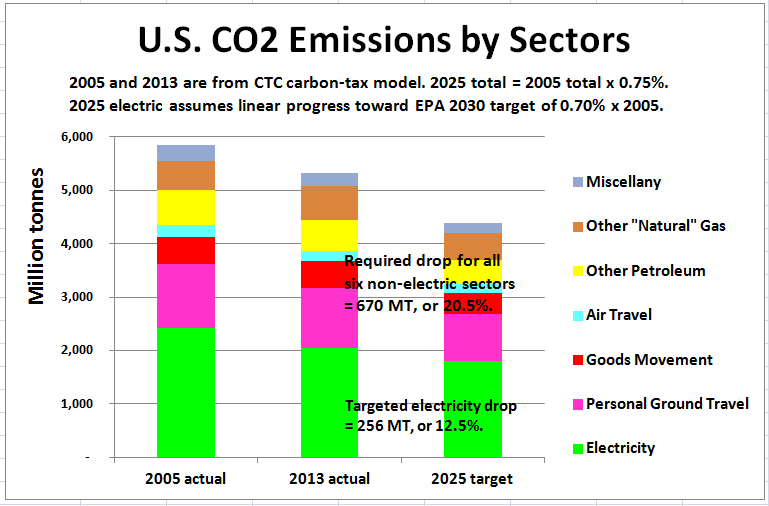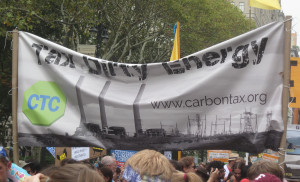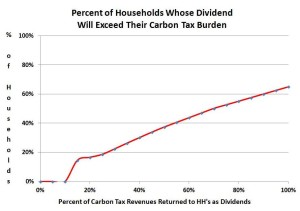Low oil prices and cheap gasoline bring a host of positives and negatives, as befits petroleum’s dual nature as a bestower of motion and light but also smog, traffic and climate change. This clash has bedeviled energy and climate policy for decades. Now we have a golden opportunity to resolve it.
Heading the good things is inexpensive oil’s boost to the economy. Cheap gas gives consumers more money to spend, and that means more jobs and better wages. Geopolitically, low oil prices are a scourge on several bad actors on the world stage, from Russia to Iran. And as drilling gets less profitable, thousands of fragile places might be left alone.
But when oil is cheap, the world gears up to use more of it, which accelerates climate change. For all we rightfully target coal, burning oil releases almost as much climate pollution. Boeing and Airbus are reportedly apprehensive that their latest fuel-efficient aircraft may go begging. And of course the faster oil usage rises, the more quickly the price rebounds, teeing up the next recession.
What’s needed is a way to safeguard the benefits of low oil prices while fending off the downsides. The trick to this feat, which should unite all sides of our fractured body politic, is to let consumers collect a tax on oil. Or rather, have government collect the tax at ports and wellheads and distribute the revenues to consumers each month, the same way Alaska distributes the revenues from its wildly popular tax on its oil flows.
Yes, we take Sarah Palin nationwide, taxing oil and disbursing the dollars — all of them — to U.S. households, the same “dividend” for each.
Because the tax dollars stay in circulation, the amount of money families have to spend doesn’t fall and the windfall to the economy persists. Most families of limited means will come out ahead because on average they spend fewer dollars on oil than they will receive in their monthly revenue check. Economic inequality eases a little, at no cost to economic activity.
Why have the tax at all, then? Answer: to simulate high fuel prices, preserving incentives to get more fuel-efficient. In this way, motorists will keep buying high-mileage cars and driving them somewhat less, manufacturers will build ever-more efficient vehicles and aircraft, and cities and counties will keep broadening their transit infrastructure. The same goes for freight movement ― goods produced nearby will be advantaged, boosting local agriculture and domestic jobs. [Read more…]






![A revenue-neutral carbon tax, in which all tax revenue would be returned to the public as a rebate check ["dividend"], receives 56% support. The largest gains in support [relative to opinion on a carbon tax w/o revenue mention] come from Republicans.](https://www.carbontax.org/wp-content/uploads/2014/07/Franklin-C-Note-_-reviewme23-_-flickr-_-downloaded-22-July-2014-300x125.jpg)
